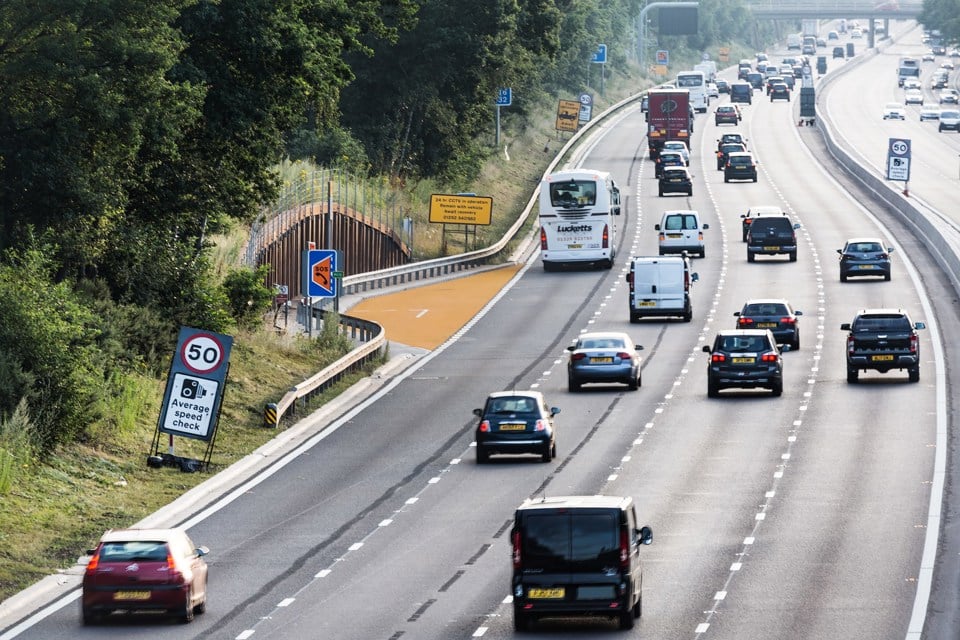GEM Motoring Assist has welcomed Government plans to improve the safety of smart motorways, but warned motorists will still face being stranded in the road.
The road safety group was one of many organisations to express concern recently at the risks posed by the absence of hard shoulders, the cost-saving increase in distance between refuge areas and the problems relating to vehicles being stranded in motorway lanes.
It has criticised the lack of clear information relating to the use of smart motorways, and has called for an end to the use of smart motorway jargon, such as ‘all-lane running’ and ‘live lanes’, which will mean nothing to the average driver.
GEM road safety officer Neil Worth said: “The toll of deaths, injuries and near-misses on smart motorways in recent years is unacceptably high, so we are relieved that the government has listened to the valid concerns of road safety groups.”
The Government announced a series of measures to improve the safety of smart motorways earlier this month, following a review commissioned by transport secretary Grant Shapps.
The Government plans include: scrapping the use of motorway hard shoulders at busy times; increasing in the number of places vehicles can stop in an emergency on motorways where hard shoulders have been removed; increasing the number of traffic officer patrols; providing better signage; and improving public information and awareness, including what to do in an emergency.
Read more about the Government's 18-point smart motorway plan here
However, Worth said: “We remain concerned that enough is being done to reduce risk for those motorists unfortunate enough to experience a breakdown on a stretch of smart motorway.
“Although under these plans there will thankfully be more places to pull over in an emergency, we warn that many drivers who break down will still face the real risk of finding themselves stuck on the carriageway, with no protection whatsoever.”
GEM Motoring Assist was established in 1932, as an independent driver-based road safety association.




















Login to comment
Comments
No comments have been made yet.